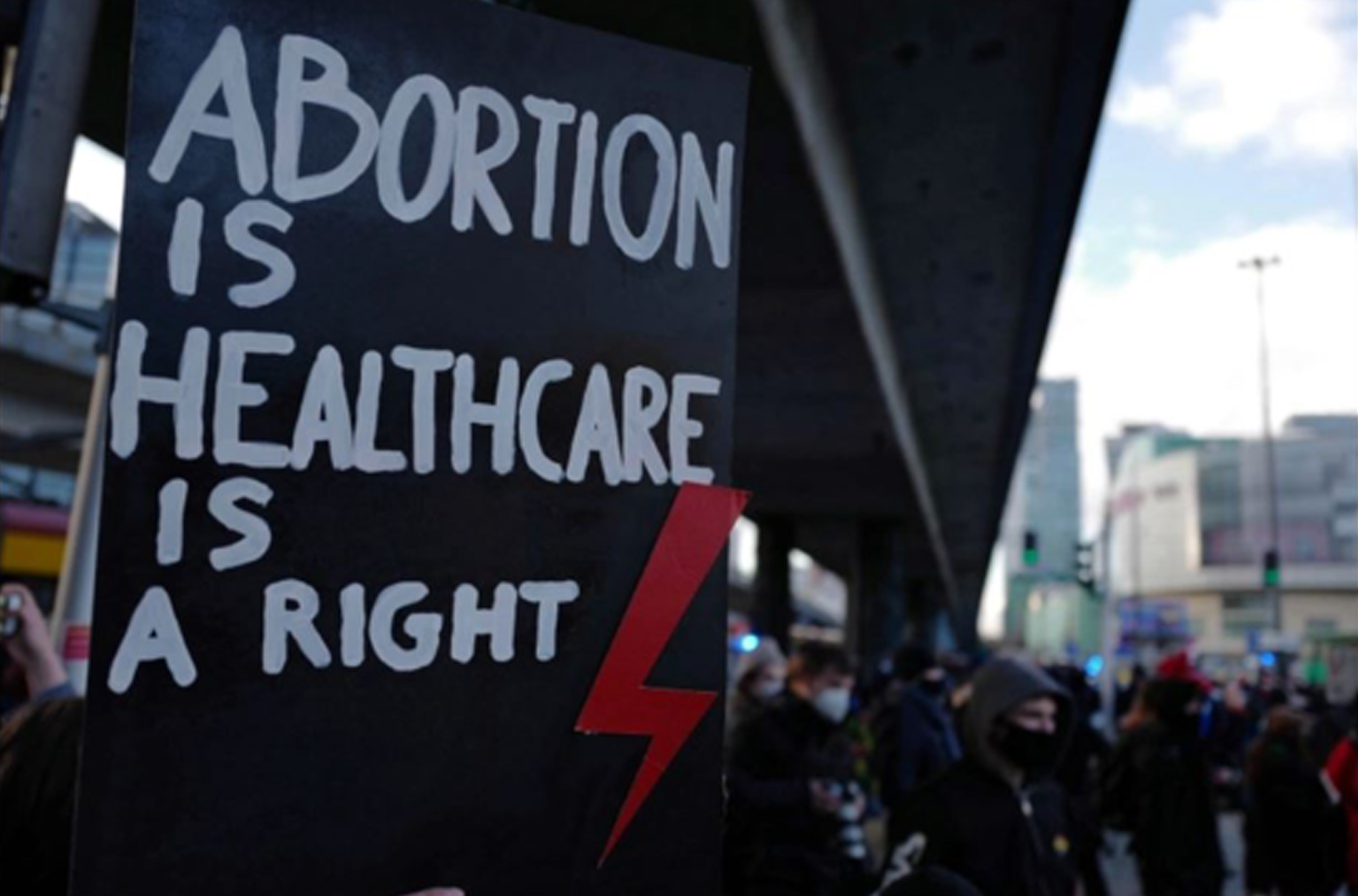
The Polish Ministry of Health has issued official statistics on abortion for the year 2020. Most abortions were performed on the ground of severe/fatal fetal impairment. These were before the law passed on 22 October 2020 came into effect in January 2021. The statistics mean that from January 2021, almost no abortions will have been provided, since almost all the 2020 abortions are no longer legal.
This year, women are struggling with the emotional toll of the near-total ban. AlJazeera reports the experience of Dominika Biernat, age 39, a successful actress with one of Warsaw’s most renowned theatre companies, who joined the huge public protests against Poland’s near-total ban on abortion last October. This year, she had an unplanned pregnancy and decided to have the baby as a “last chance” to be a mother, until she discovered the fetus had a very serious anomaly. Her visits to one doctor after another, where she was called mother and advised to accept more tests and more tests before she could know how bad the anomaly was, led her to phone a Czech doctor who supported her decision to have an abortion. Which she did. It took her only a few days to arrange an abortion in the Netherlands when she was 15 weeks pregnant. “[I felt] this is something strange. Why am I going abroad to do this?” she said. The voices of other women speaking Polish to the doctors in the corridors or in other hospital rooms only amplified that feeling.
The Federation for Women and Family Planning (FEDERA) are hearing from women daily who are in the same situation. They too go from doctor to doctor, from hospital to hospital. And as Krystyna Kacpura, head of the Federation, said: “even if some gynaecologists … understand this difficult situation of women, they are so frightened. They’re afraid of being imprisoned or to lose their right to the profession.” Women cannot be imprisoned for an illegal abortion but doctors face up to three years and loss of their position. More than 2,000 women made contact with FEDERA between October and April 2021 alone, some concerned about the future, some needing immediate help.
Earlier this year, Krystyna and her staff received emails with bomb and death threats from unknown senders, becoming one of at least seven women’s rights groups to come under fire since the protests, according to a March report by Human Rights Watch, which condemned the escalating threats to activists.
“Sharing information, informing and educating people is not punishable,” Kacpura explains, adding that among other things, they are planning on organising legal workshops for gynaecologists and doctors aimed at explaining the boundaries of the new law and that, as she puts it, “it is not their duty to call the police”.
Dr Maciej Socha is one of the few outspokenly pro-choice gynaecologists in Poland. He specialises in perinatology at a public hospital in the north of the country and runs his own private clinic. Over the years, he has overseen dozens of births and given prenatal care to women whose foetuses were diagnosed with birth defects.
Yet, since the ruling, he feels forced to behave just like an abortion objector would when he comes across patients with severe fetal abnormalities. “Even if I am 100 percent sure that the baby will not be able to live normally after it is born, I now have to say no to the patient [considering an abortion] … you need to deal with this diagnosis. [Some months] ago, I would have said … I’m not really convinced what this chilling effect is, but now I can observe it; you know, almost clinically. It’s just changing the way of thinking of my patients, the way of thinking of gynaecologists, the way of diagnosing procedures, the way people are working in this area. This is terrifying,” he says.
SOURCE: AlJazeera, by Ylenia Gostoli, 22 August 2021 + PHOTO by Mateusz Marek/ EPA-EFE of Women’s Strike protest on 8 March 2021



